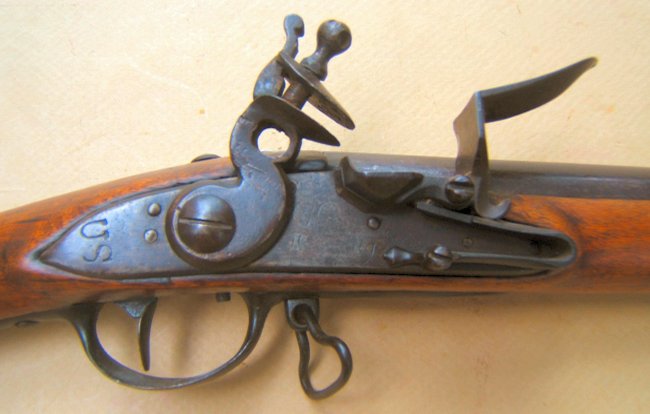https://en.wikipedia.org/wiki/Charleville_musket


While several countries aided the American colonies against the British Empire, it was the French that sent the most material aid. Much of that aid was in the form of the Charleville M 1763 and other variants.
The story of Adams and Franklin getting a military alliance with France is fully as important as Washington's role in the field.
It can also be argued that the monies spent by the French government led to the economic crisis that started the French revolution.
at any rate when you think of our revolution today, remember the Charleville.



While several countries aided the American colonies against the British Empire, it was the French that sent the most material aid. Much of that aid was in the form of the Charleville M 1763 and other variants.
the use of the name Charleville dates back to the U.S. Revolutionary War, when Americans tended to refer to all of the musket models as Charlevilles. It should be noted that the naming of these muskets is not consistent. Some references only refer to Model 1763 and later versions as Charleville flint lock muskets, while other references refer to all models as the Charleville.
The story of Adams and Franklin getting a military alliance with France is fully as important as Washington's role in the field.
It can also be argued that the monies spent by the French government led to the economic crisis that started the French revolution.
at any rate when you think of our revolution today, remember the Charleville.

